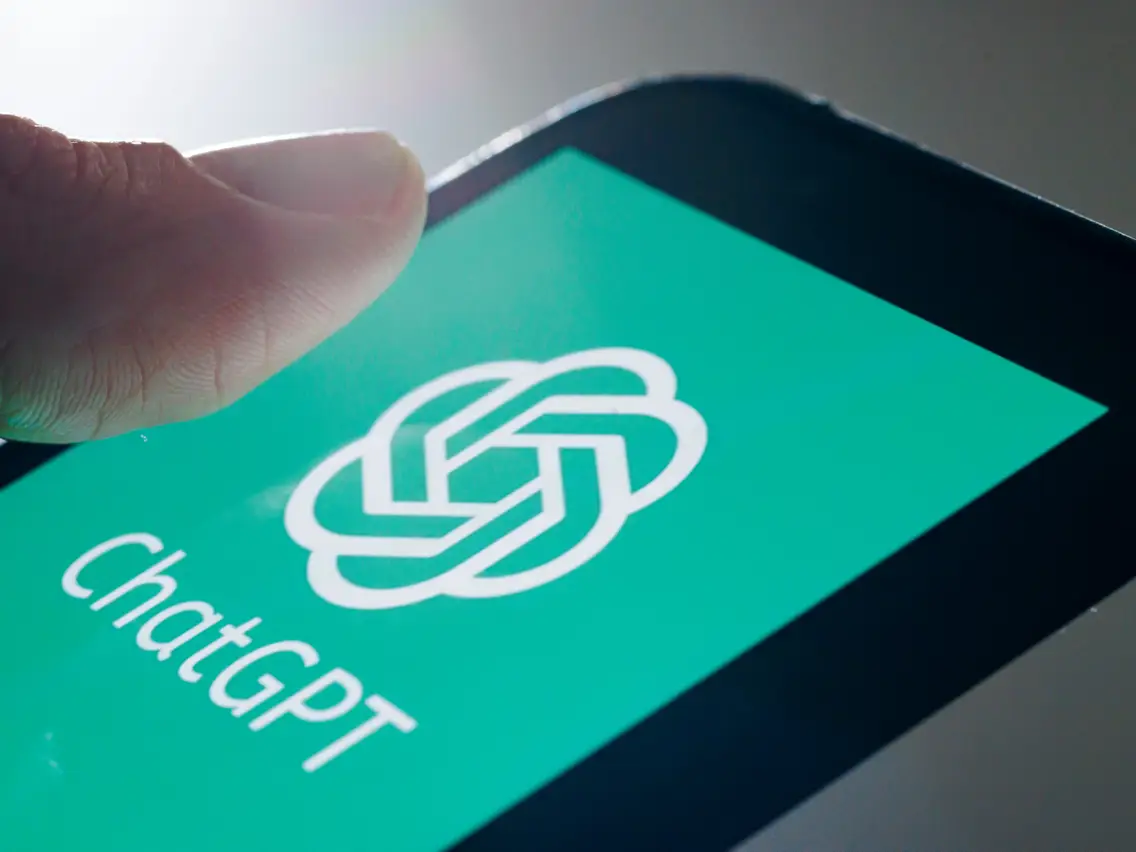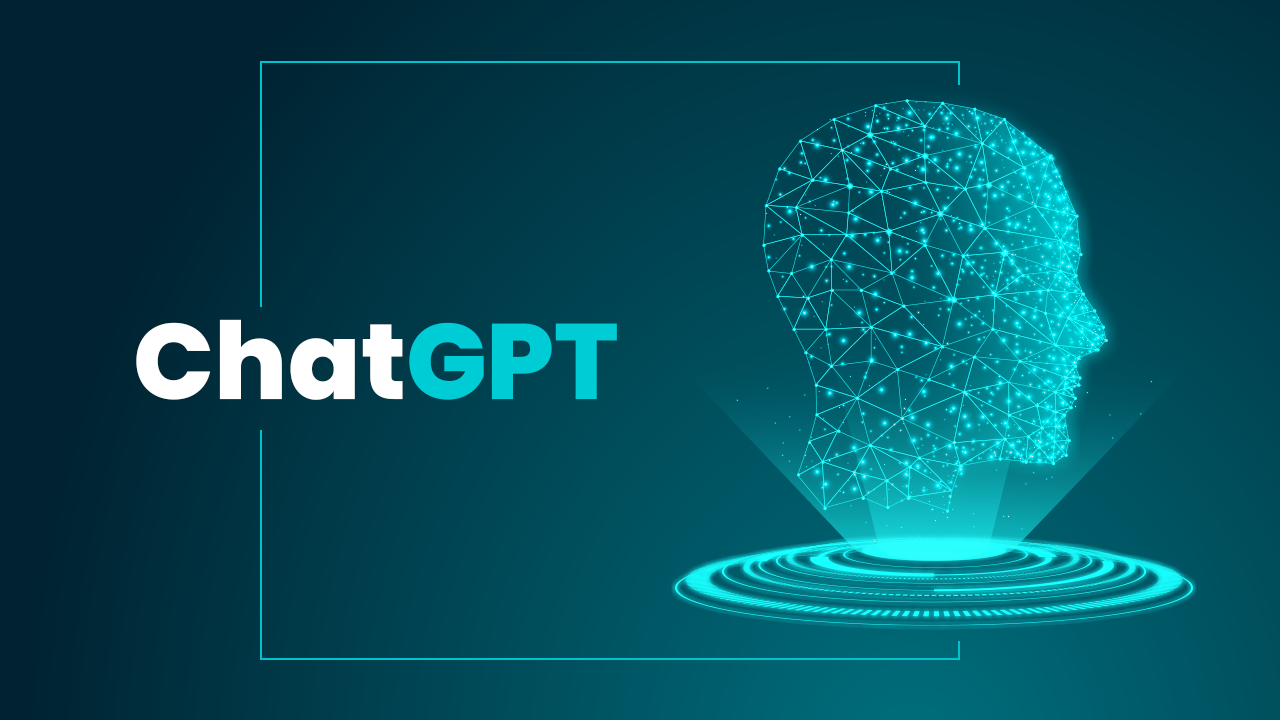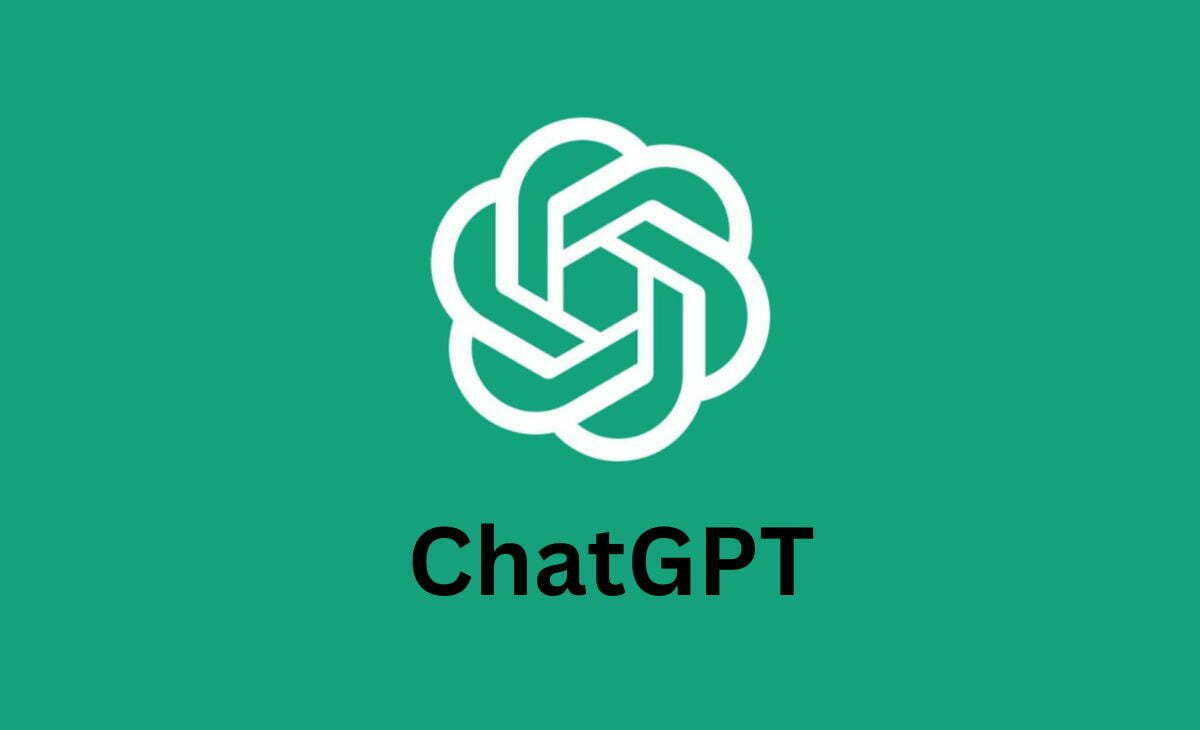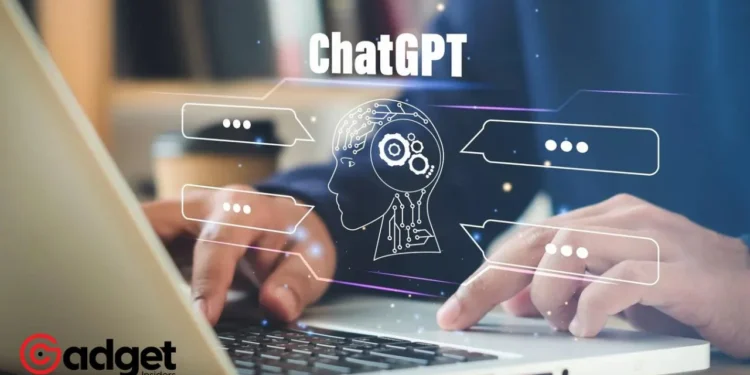In an intriguing turn of events, Android users might soon witness a significant shift in their virtual assistant preferences. OpenAI’s ChatGPT, a formidable rival to Google Assistant, is gearing up to make a grand entrance into the premium phone space.
This move could potentially reshape the landscape of voice-activated assistance on Android devices, offering a fresh alternative to Google’s longstanding service.

The Rise of ChatGPT in the Android Ecosystem
Android Authority’s Mishaal Rahman recently uncovered that the ChatGPT app is in the works to support Android’s voice assistant APIs along with a system-wide overlay UI. This development paves the way for users to set ChatGPT as their default system-wide assistant app.
Imagine the convenience of having ChatGPT pop up anywhere in your Android environment, ready to assist with your queries. Initially launched as a text-only generative AI, the brand expanded its capabilities in September to include voice and image inputs, broadening its utility and appeal.

Breaking the Monopoly: A System-Wide Integration
Traditionally, Google Assistant enjoyed the privilege of being the go-to assistant across Android devices, courtesy of its integration via public APIs. However, the realm of Android is no closed garden. The assistant APIs are a battleground where any app can prove its mettle, provided it can enhance user experience.
ChatGPT’s foray into this domain signifies a potential shift, offering users the autonomy to choose their preferred assistant. The possibility of launching it with a simple power button press or gesture, coupled with its ability to interpret screen text and images, introduces a level of interaction that’s both seamless and intuitive.
#ChatGPT could soon replace #GoogleAssistant on your Android phone
1. If you want to ask ChatGPT a question from your Android phone, you either need to navigate to OpenAI’s website or open their app.
3. In contrast, you can easily access Google Assistant from any screen through… pic.twitter.com/iQedjYOOqt
— AskUsNews (@AskUsNews_In) January 6, 2024
The Potential of ChatGPT as a Default App
The speculation doesn’t stop at user-level changes. If an Android manufacturer were to strike a deal with OpenAI, incorporating it as a bundled system application, it could leverage an always-on voice hot word, akin to “Hey, ChatGPT.” This feature would catapult it from an app to a fundamental system service, offering unparalleled accessibility. Although such a partnership would require navigating the permissions associated with system apps, the burgeoning popularity of ChatGPT makes this a tantalizing prospect for Android manufacturers.
A Work in Progress
Despite the excitement, it’s crucial to temper expectations. Rahman’s exploration into ChatGPT version 1.2023.352 revealed an under-development feature, showcasing a new overlay API. Yet, the feature’s current state doesn’t guarantee its release. The path from development to deployment is fraught with challenges and uncertainties. However, the tech world is no stranger to revolutionary ideas making their way to the public after rigorous testing and refinement.

Beyond Google Assistant: The Future of Voice Assistants
Google’s apparent neglect of Google Assistant over the years has left a void that ChatGPT is all too ready to fill. While third-party voice assistants may lack a robust app ecosystem for tasks like note-taking or calendar management, ChatGPT’s prowess in delivering search-like queries could make it a viable alternative for those seeking direct answers. With Google reportedly revitalizing Assistant with Google Bard’s intelligence and rumors of a new assistant, “Pixie,” the competition is heating up.
As we edge closer to the end of 2024, the anticipation for what OpenAI could bring to the Android table grows. This development not only heralds a new era of virtual assistance but also underscores the dynamic and ever-evolving nature of technology. Android users, get ready; the future of voice assistance is on the horizon, and it’s looking more interactive, responsive, and versatile than ever.










